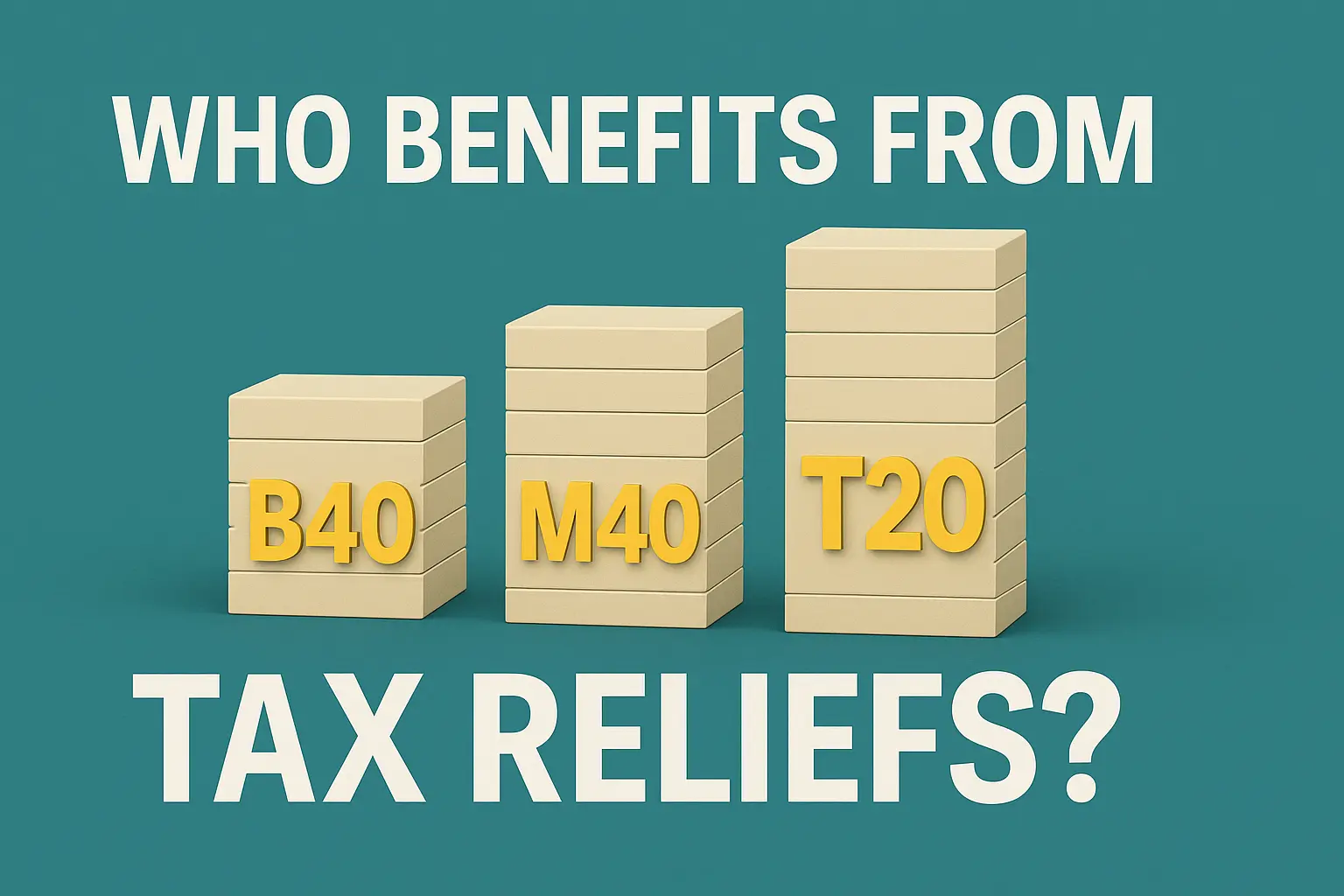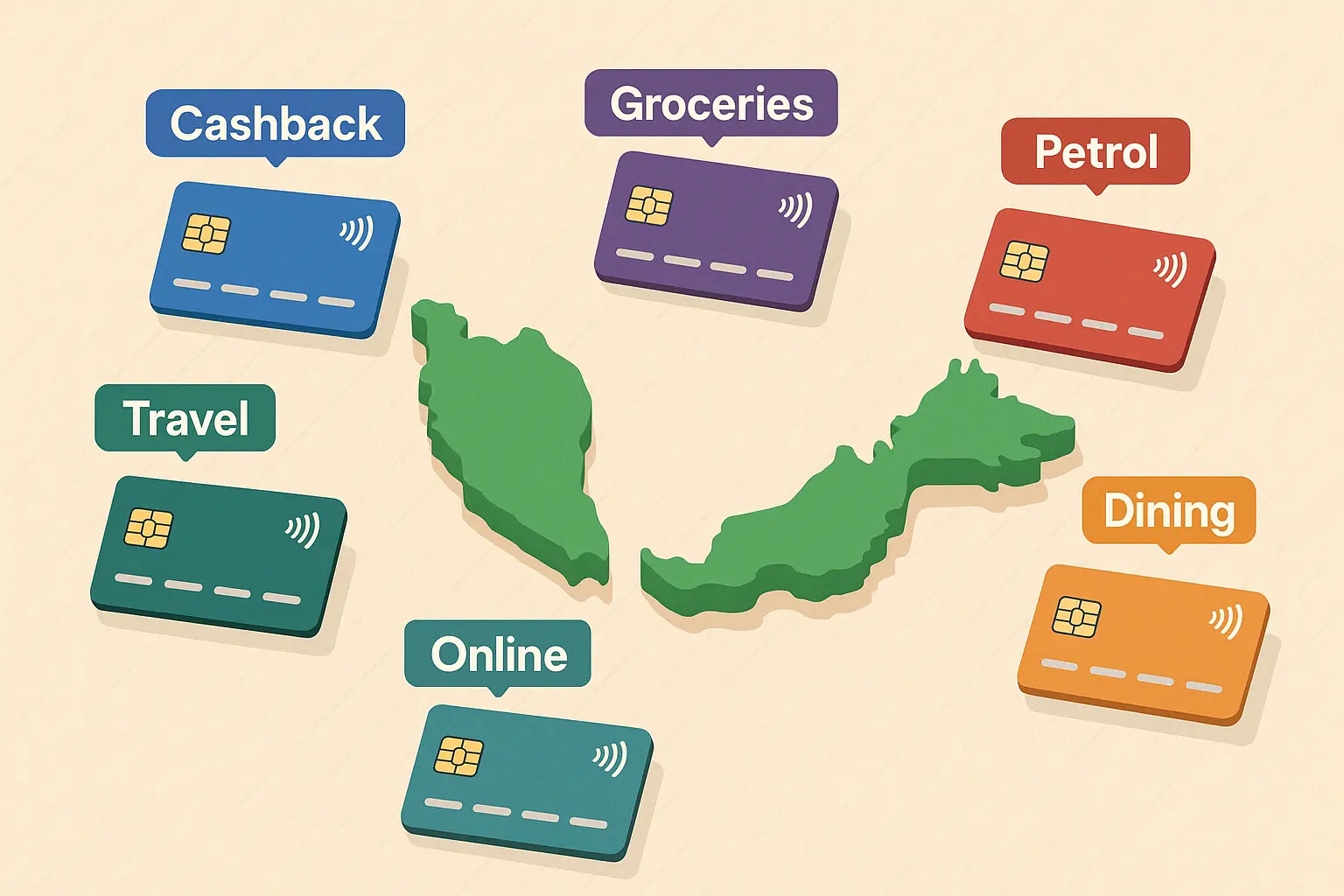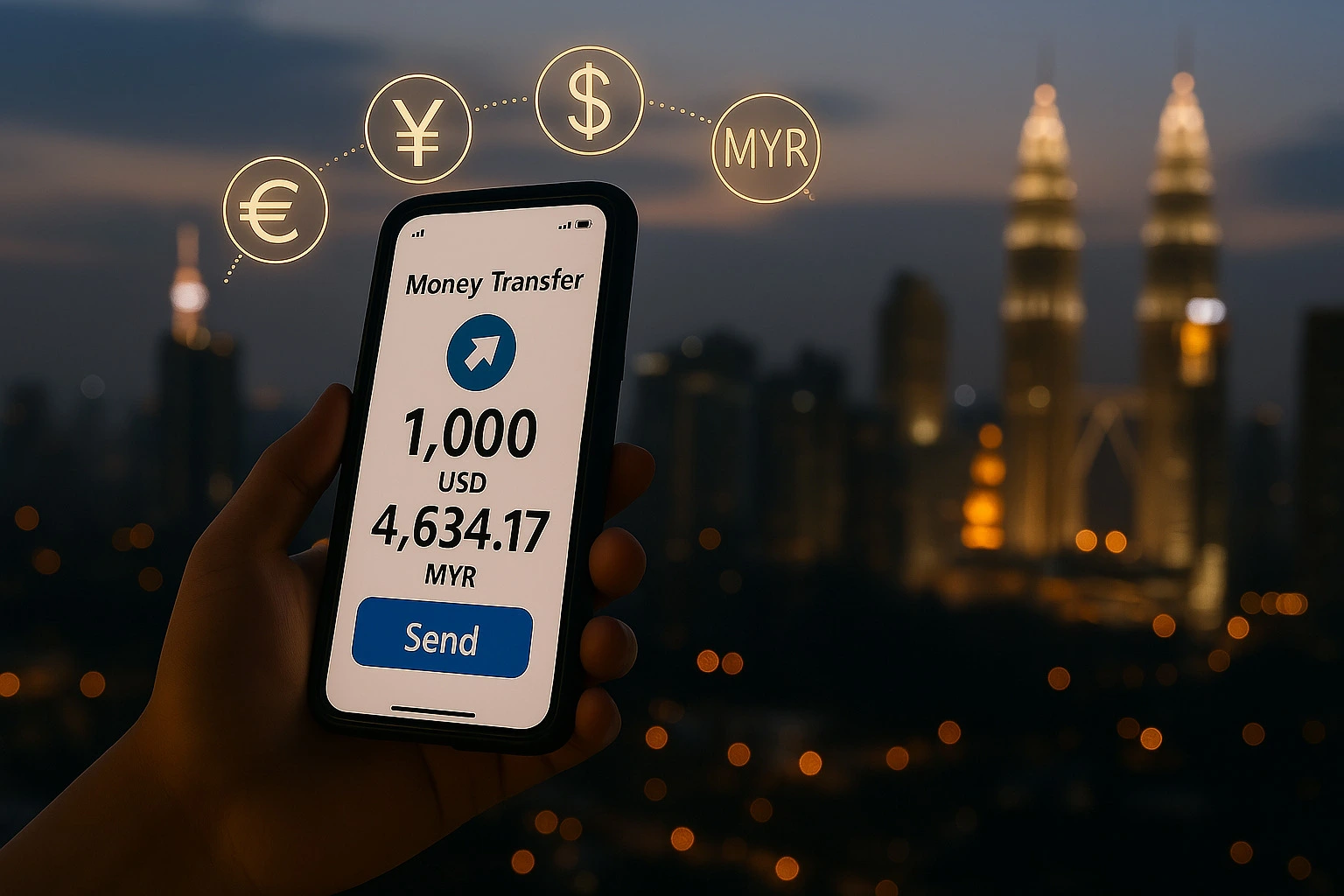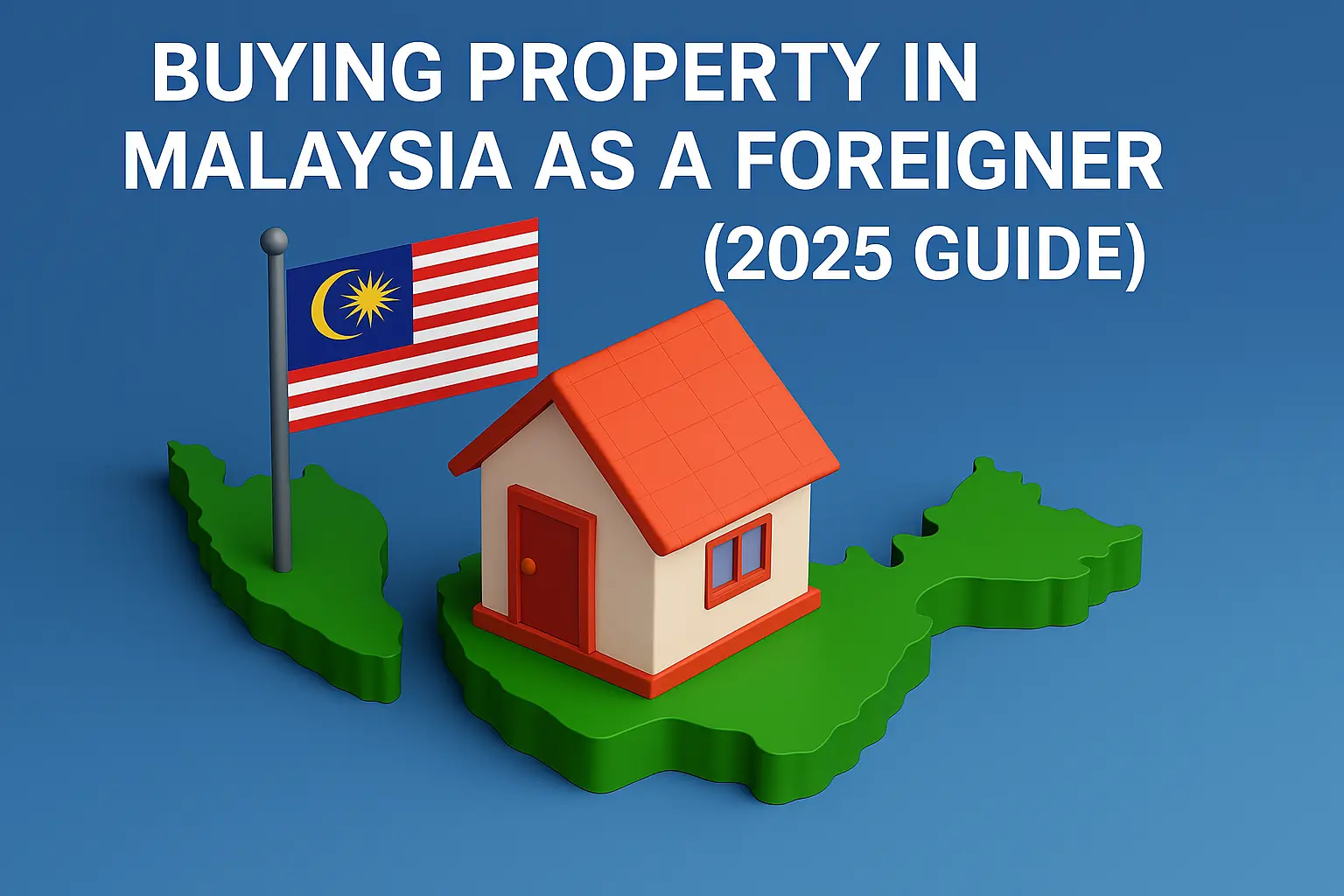Malaysia continues to be a top destination for expats in 2025, thanks to its affordability, modern infrastructure, and high quality of life. However, adapting to the local financial ecosystem, especially with newly implemented policies, can be challenging. This guide provides expats with an up-to-date overview of key financial topics such as taxes, banking, living costs, investments, and insurance to help them manage their finances effectively while living in Malaysia.
1. Taxes for Expats in Malaysia
1.1 Who Needs to Pay Taxes in Malaysia?
Tax obligations depend on tax residency:
- Tax Residents: Stay ≥182 days in a year or meet specific multi-year presence rules → Progressive tax rates from 0% to 30%.
- Non-Tax Residents: Stay <182 days in a year → Flat 30% tax rate.
Tax residency also applies if you’ve stayed 90+ days in the year and have a presence in 3 out of the past 4 years.
Malaysia also has Double Taxation Avoidance Agreements (DTA) with many countries. Expats can apply for a Residence Status Certificate (STM) via the MyTax portal to access DTA benefits.
💡Not sure if you qualify as a tax resident or how much tax you’ll pay?
Try our Malaysia Expat Tax Calculator to estimate your 2025 tax instantly based on your income, PCB, and residency status.
1.2 What Income is Taxable?
- Employment salary, allowances, and bonuses
- Business income in Malaysia
- Rental income from Malaysian properties
- Dividends and interest from local sources
Note: Foreign-sourced income received in Malaysia (money you earn outside Malaysia, but then bring into or receive in Malaysia) is exempt from tax until 31 December 2026 for residents.
Starting YA 2025, dividend income (money earned when companies or funds share their profits with you) over RM100,000 will be taxed at 2%.
Short-term employment (≤60 days in a year) may be tax-exempt for non-residents.
1.3 What Tax Deductions Can Expats Claim?
Tax residents may claim deductions, such as:
- Self relief: RM9,000
- Disabled individual: RM7,000
- Spouse relief: RM4,000 (+RM6,000 if disabled)
- Child relief: RM2,000–8,000 depending on age & education
- Medical expenses (self/spouse/children): up to RM10,000
- Education fees (self): RM7,000
- Insurance premiums: RM4,000 (increased from RM3,000)
- EPF + Life insurance: RM7,000
- PRS contributions: RM3,000 (extended to 2030)
- Parent care (incl. grandparents) (Sending money overseas to family does not qualify) : RM8,000
- Lifestyle relief (books, sports, electronics): RM2,500 + RM1,000 (sports equipment)
- Housing loan interest (2025–2027): Up to RM7,000 for homes ≤RM500k, RM5,000 for homes ≤RM750k
Note: Non-residents cannot claim tax reliefs.
Want to see how much you could save with these deductions?
Use our Simple Expat Tax Calculator to play around with reliefs and find your estimated tax bill.
1.4 How to File Taxes as an Expat in Malaysia
- Register online for a Tax Identification Number (TIN) via MyTax
- File tax returns using e-Filing:
- Form BE (residents without business): Due 15 May 2025
- Form B (residents with business): Due 15 July 2025
- Form M (non-residents): Due 15 July 2025 (grace period to 15 July 2025)
- Make payments via FPX, e-TT, CDMs, or at banks/Pos Malaysia
From 2024, all taxpayers must file electronically. A Bill Number is now required for most payments.
2. Best Banks & Credit Cards for Expats
2.1 How to Open a Bank Account as an Expat
Required documents:
- Passport + valid visa (work permit/MM2H/student pass)
- Proof of Malaysian address (utility bill, tenancy agreement)
- Employment letter (if employed)
From 2025 onwards, many banks now require in-person verification for account opening due to increased anti-fraud regulations. Some banks (like Wise) still allow full online onboarding.
2.2 Best Banks for Expats in Malaysia
- Maybank – Great digital platform, wide branch network
- HSBC Malaysia – Ideal for international account linking (note: HSBC mobile app requires iOS 15 / Android 12 from May 28, 2025)
- CIMB – Good investment/savings options
- Standard Chartered – Preferred by high-net-worth individuals
- Wise – Online-only, great for multi-currency, debit card access, and no minimum deposit
- Public Bank – May require an introducer for expats
2.3 Which Credit Cards Are Best for Expats?
While there are no expat-exclusive cards, expats can still qualify for standard cards if they meet income and visa criteria.
Recommended options:
- Maybank 2 Gold Cards – Cashback + low annual fee
- HSBC Visa Signature – High travel & dining rewards
- CIMB World Mastercard – Best for frequent flyers
Look for cards that waive international transaction fees or offer air miles.
3. Cost of Living for Expats: How Much Do You Need?
3.1 Monthly Cost Breakdown by City
| Expense | Kuala Lumpur | Penang | Johor Bahru |
|---|---|---|---|
| Rent (1BR city center) | RM2,300–3,500 | RM1,300–2,000 | RM1,200–1,800 |
| Utilities & Internet | RM250–600 | RM200–400 | RM200–300 |
| Groceries | RM500–1,200 | RM400–800 | RM400–800 |
| Transportation | RM100–300 | RM100–250 | RM100–300 |
| Dining & Entertainment | RM800–1,500 | RM600–1,200 | RM500–1,000 |
| Total Estimate | RM4,950–10,100 | RM3,550–6,450 | RM3,200–5,500 |
3.2 Hidden Costs Expats Often Overlook
- Rental deposits (2–3 months upfront)
- Private medical insurance
- Road tax, insurance & maintenance (if owning a car)
- International school fees
- Currency exchange or bank transfer fees
- Visa application & renewal charges
- Home contents insurance
- Medical tourism expenses (checkups, dental, elective surgery)
4. Investing in Malaysia as an Expat
Want the full step-by-step breakdown? Check out our Ultimate Guide to Investing in Malaysia for Expats (2025)
4.1 Can Expats Invest in Malaysia?
Yes. Expats can access:
- Stocks via Bursa Malaysia (e.g., Rakuten Trade, Interactive Brokers, Tiger Brokers, eToro)
- REITs (e.g., Sunway REIT, Pavilion REIT, IGB REIT, Al-Aqar REIT)
- Unit Trusts (e.g., Public Mutual, Principal, HSBC Expat)
- Fixed Deposits (Rates up to 8.5% in 2025 for selected promos)
Update (Q4 2025):
- Mandatory EPF contributions begin, 2% from employers and 2% from foreign employees.
- Funds can be withdrawn upon exit with proof of termination.
4.2 Best Investment Platforms for Expats
- Rakuten Trade: Local stock trading
- StashAway: Robo-advisor for passive investing
- MyTheo: AI-based investment portfolio builder
- Wise: For cost-effective currency conversions for investing abroad
Join thousands of Malaysians receiving expert advice on saving, investing, and financial planning every week.
5. Insurance & Healthcare for Expats
5.1 Do Expats Need Health Insurance in Malaysia?
Yes. Public hospitals offer subsidized care but are limited for non-citizens. Private hospitals are preferred for faster, better-quality service.
5.2 Best Health Insurance Plans for Expats
- AIA A-Life Protect – Inpatient + health wallet
- Allianz Shield – Global coverage
- Prudential PRUHealth – Covers critical illnesses
- Pacific Cross / Cigna / AXA / Now Health – International providers with 24/7 support and medical evacuation options
Health insurance ensures access to top-tier private hospitals and protects against high out-of-pocket medical expenses.
6. Transportation & Car Ownership for Expats
6.1 Public Transport vs. Owning a Car
| Transport Type | Avg. Monthly Cost | Best For |
| Public Transport | RM150 | City dwellers |
| Ride-Hailing | RM300–600 | Casual users |
| Owning a Car | RM800–1,500+ | Long-term suburban commuters |
6.2 Can Expats Get a Car Loan?
Yes, with:
- Valid work visa
- Stable income
- 30% minimum down payment (banks typically finance 60–70%)
Loan tenure may be capped at 5 years. Some banks offering expat car loans: Maybank, CIMB, Public Bank, RHB, AmBank, Bank Muamalat.
Additional Annual Costs:
- Road tax (e.g., RM90–RM120 for a 1.5L sedan)
- Insurance (RM1,200–RM2,500/year)
- Maintenance (RM800–RM1,500/year)
Car subscriptions like FLUX offer alternatives without large down payments.
Final Thoughts: How to Secure Your Finances in Malaysia
| If You Are… | Consider These Moves |
| A working expat | Open a local bank account, register for taxes, and get health insurance |
| A long-term expat | Invest in REITs/stocks, consider property, start contributing to EPF |
| Retiring in Malaysia | Apply for MM2H, plan for long-term healthcare, invest in low-risk instruments |
Malaysia offers a favorable financial landscape for expats in 2025, if you stay informed. With mandatory EPF contributions, updated tax reliefs, revamped MM2H tiers, and broad investment access, financial planning is more important than ever.
Stay tuned as we will be expanding this with deep-dive articles on each section, including taxes, banking, cost of living, insurance, and investment tips tailored for expats.
More Guides for Expats in Malaysia:
Best Money Transfer Services for Expats in Malaysia (2025)
Compare Wise, BigPay & others, which gives you the best rates?
The Ultimate Guide to Credit Cards in Malaysia for Expats (2025)
Which banks actually approve expats? Full list with income requirements & real Reddit stories.
Ultimate Guide to Investing in Malaysia for Expats (2025)
From REITs to property to stocks, how expats can grow wealth in Malaysia.
How to Buy Property in Malaysia as an Expat – Full Guide (2025)
Understand the legal process, costs, and restrictions before you invest.







4 thoughts on “Malaysia Expat Survival Guide 2025: Money, Tax, Banking, Living Costs”